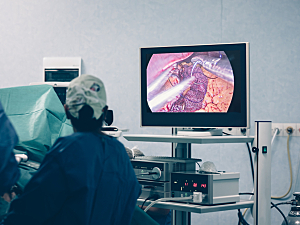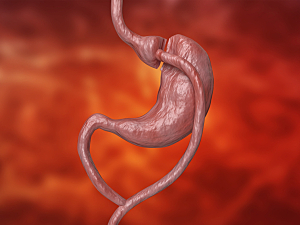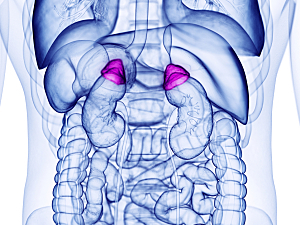Study Explains Why Patients With Diabetes Are Prone to Thrombosis, Suggests New Therapeutic Target

An ion channel protein known as Piezo1 is known to facilitate thrombus formation, and researchers at Brigham and Women’s Hospital have shown it may represent a new target for therapies to prevent thrombosis in patients with type 2 diabetes mellitus who are at high risk.
Read More...







